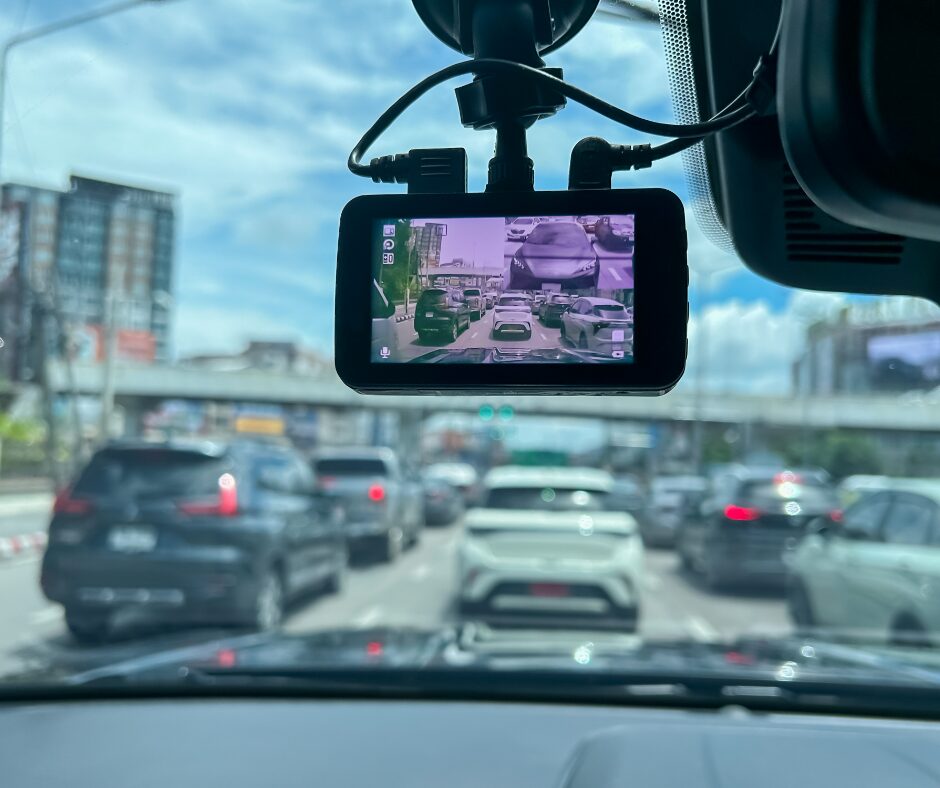The Power of Dashcam Evidence in Car Accident Claims
A car accident can happen in an instant, leaving you facing medical bills, repair costs, and insurance disputes. But what if you had undeniable proof of what really happened? Dashcam footage is becoming an increasingly valuable tool in car accident claims, offering clear and unbiased evidence that can support your case.
If you’ve been involved in a crash, understanding how dashcam evidence for car accident claims can impact your case is crucial. The right footage can make the difference between a smooth insurance claim and a drawn-out battle over fault and liability.
How Dashcam Footage Can Support Your Claim
Establishing Fault
North Carolina follows a contributory negligence rule, meaning that if you are even 1% at fault for an accident, you may not be able to recover compensation. Because of this strict rule, proving that the other driver was entirely at fault is critical. Dashcam footage can provide indisputable proof of:
- Traffic violations, such as running a red light or failing to yield.
- Reckless or distracted driving.
- Sudden lane changes or unsafe maneuvers.
Countering False Claims
After an accident, the other driver may try to shift the blame onto you, even if you know you weren’t at fault. Dashcam footage can serve as an objective record of events, preventing dishonest claims and strengthening your position when dealing with insurance adjusters.
Speed and Impact Analysis
Dashcams with GPS tracking can record speed, direction, and time of impact, helping reconstruct what happened. If the opposing party claims they were going the speed limit but the footage shows otherwise, that can be a key factor in proving liability.
Are Dashcams Admissible in North Carolina Courts?
Yes, dashcam footage is generally admissible as evidence in North Carolina courts as long as it is:
- Relevant to the case.
- Unaltered and unedited to maintain authenticity.
- Properly timestamped to confirm when the incident occurred.
While most insurance companies will consider dashcam footage in their assessments, if a case goes to trial, a judge will determine its admissibility based on its clarity and reliability.
Limitations of Dashcam Evidence
While dashcams can be a powerful tool, they do have limitations. Footage may not always capture the full scene, such as:
- Side impacts or rear-end collisions that occur outside the camera’s view.
- Low-quality footage that makes details difficult to discern.
- Partial evidence that doesn’t show what happened leading up to the accident.
For these reasons, dashcam evidence should be used alongside witness statements, police reports, and other supporting documentation to build a strong case.
Should You Install a Dashcam?
Given the potential benefits, having a dashcam installed in your vehicle is a proactive way to protect yourself. In North Carolina, using a dashcam is legal as long as it does not obstruct your view of the road. Many modern dashcams also include features such as night vision, motion detection, and automatic recording, providing additional security.
How Paynter Law Can Help
If you’ve been in a car accident, having strong dashcam evidence for car accident claims can improve your chances of getting compensation. However, handling insurance disputes and legal procedures can be overwhelming.
At Paynter Law, we help accident victims navigate their claims and use all available evidence to advocate for their rights. Whether you have dashcam footage or need assistance gathering other forms of proof, we are here to fight for you. Contact us today for your free, no-obligation consultation!

